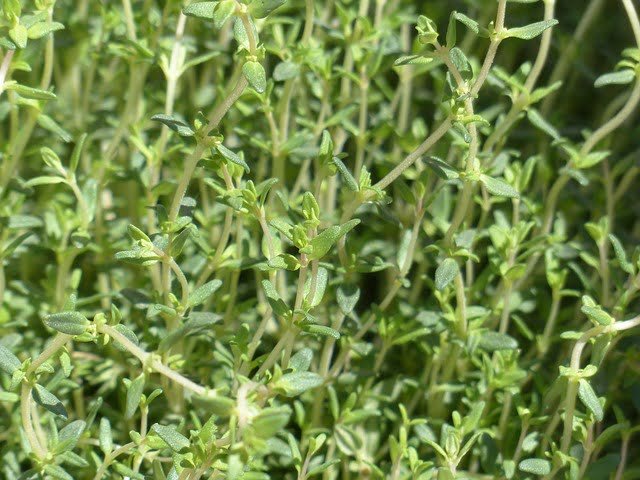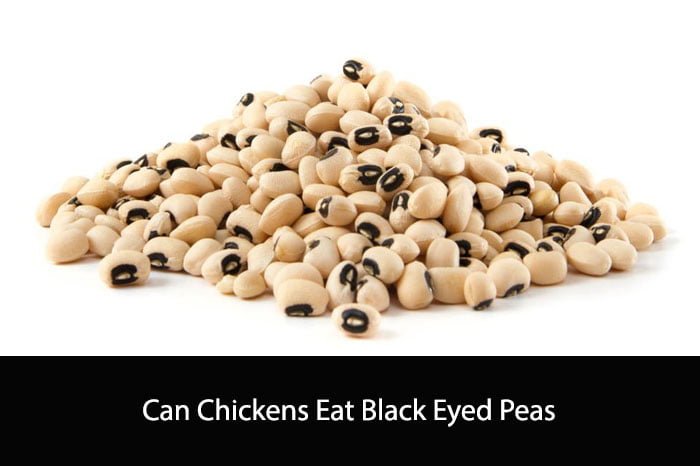As a responsible bearded dragon owner, you want to make sure that your pet is getting all the necessary nutrients in their diet. And while you may know the basics of feeding your bearded dragon, such as offering them a variety of vegetables and insects, you may not be sure about whether herbs like thyme are safe for your reptile to consume.
In this article, we’ll explore the question of whether bearded dragons can eat thyme and what you need to know about feeding herbs to your pet. Read on to learn more.
What is Thyme?
Thyme (Thymus vulgaris) is a perennial herb that’s commonly used in cooking and has a distinctive, aromatic flavor. It’s native to the Mediterranean region but is now widely cultivated in other parts of the world as well. Thyme has a long history of medicinal use and is believed to have anti-inflammatory and antimicrobial properties.
Can Bearded Dragons Eat Thyme?
Yes, bearded dragons can eat thyme in moderation. Thyme is safe for bearded dragons to consume and can even provide some health benefits. However, like with any new food, it’s important to introduce thyme to your bearded dragon’s diet slowly and in small amounts to ensure they tolerate it well.
Benefits of Thyme for Bearded Dragons
Thyme contains several beneficial compounds, including thymol, carvacrol, and rosmarinic acid. These compounds are believed to have antibacterial, antifungal, and antioxidant properties, which can help support your bearded dragon’s immune system and overall health.
In addition, thyme is a good source of several vitamins and minerals, including vitamin C, vitamin A, iron, and calcium. These nutrients are important for maintaining your bearded dragon’s health and can contribute to strong bones, healthy skin, and a robust immune system.
How to Feed Thyme to Your Bearded Dragon
If you want to add thyme to your bearded dragon’s diet, there are a few things you need to keep in mind. Here are some tips for feeding thyme to your bearded dragon:
- Choose fresh, organic thyme.
Make sure the thyme you feed your bearded dragon is fresh and organic. Avoid using dried or processed thyme, as these may contain additives or preservatives that could be harmful to your pet.
- Wash the thyme thoroughly.
Before feeding thyme to your bearded dragon, make sure to wash it thoroughly to remove any dirt or pesticides. Rinse the thyme under running water and pat it dry with a paper towel.
- Chop the thyme into small pieces.
To make it easier for your bearded dragon to eat, chop the thyme into small pieces. You can use a sharp knife or herb scissors to do this.
- Offer thyme as a treat.
Thyme should be offered as a treat rather than a staple food in your bearded dragon’s diet. Offer thyme once or twice a week in small amounts, such as a few leaves or sprigs.
- Observe your bearded dragon for any adverse reactions.
After feeding thyme to your bearded dragon, observe them closely for any signs of adverse reactions, such as vomiting, diarrhea, or lethargy. If you notice any of these symptoms, stop feeding thyme to your pet and consult a veterinarian.

Other Herbs Safe for Bearded Dragons
If you’re looking to add variety to your bearded dragon’s diet, there are several other herbs that are safe for them to eat.
Here are some additional herbs that you can consider feeding to your bearded dragon:
- Basil: Basil is a safe herb for bearded dragons to consume and is a good source of vitamin C and calcium. It also has anti-inflammatory properties and can help boost your pet’s immune system.
- Parsley: Parsley is another herb that’s safe for bearded dragons to eat. It’s a good source of vitamin C, vitamin A, and iron, and can help promote healthy digestion.
- Rosemary: Rosemary is safe for bearded dragons to consume in small amounts. It’s a good source of antioxidants and can help improve your pet’s cognitive function.
- Sage: Sage is safe for bearded dragons to eat and has antimicrobial properties that can help fight infections. It’s also a good source of vitamin K and can help promote healthy digestion.
As with thyme, it’s important to introduce these herbs slowly and in small amounts to ensure your bearded dragon tolerates them well. Always wash the herbs thoroughly before feeding them to your pet, and observe them closely for any adverse reactions.
In addition to herbs, there are many vegetables and fruits that are safe and nutritious for bearded dragons to consume. Some examples include:
- Collard greens: Collard greens are a good source of vitamin A, calcium, and fiber, and can help support your bearded dragon’s digestive health.
- Butternut squash: Butternut squash is a good source of vitamin C, vitamin A, and fiber, and can help promote healthy skin and eyesight.
- Blueberries: Blueberries are a good source of antioxidants and can help support your bearded dragon’s immune system.
- Mango: Mango is a good source of vitamin C, vitamin A, and fiber, and can help promote healthy digestion and skin.
It’s important to offer a variety of foods to your bearded dragon to ensure they’re getting all the necessary nutrients in their diet. Be sure to research and consult with a veterinarian to determine the best diet for your individual pet.
Conclusion
In conclusion, bearded dragons can eat thyme in moderation, and it can even provide some health benefits. However, it’s important to introduce thyme slowly and in small amounts to ensure your bearded dragon tolerates it well. As with any new food, observe your pet closely for any adverse reactions.
If you’re looking to add variety to your bearded dragon’s diet, consider offering other safe herbs, vegetables, and fruits. Always wash the food thoroughly before feeding it to your pet, and consult with a veterinarian to determine the best diet for your individual bearded dragon.





